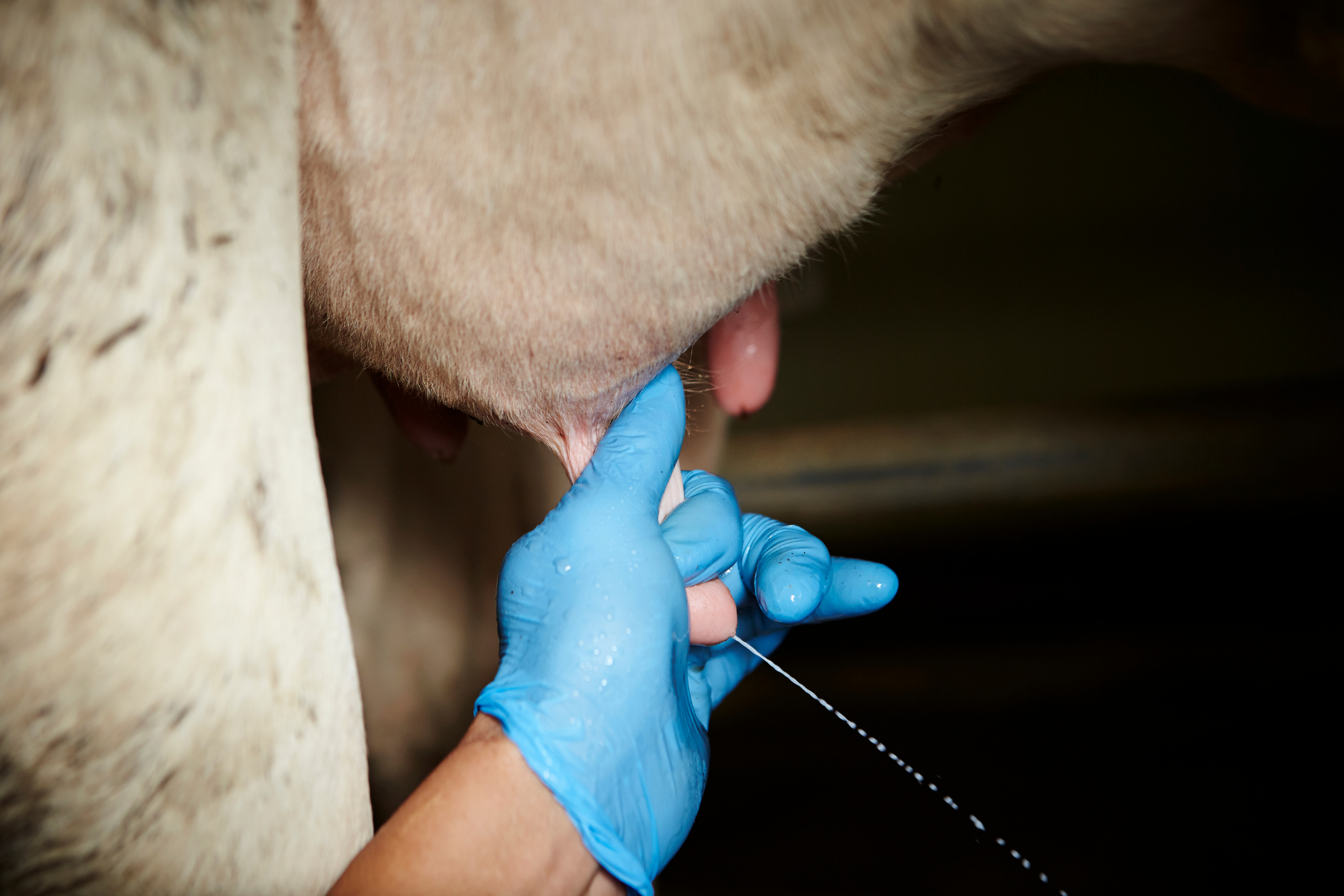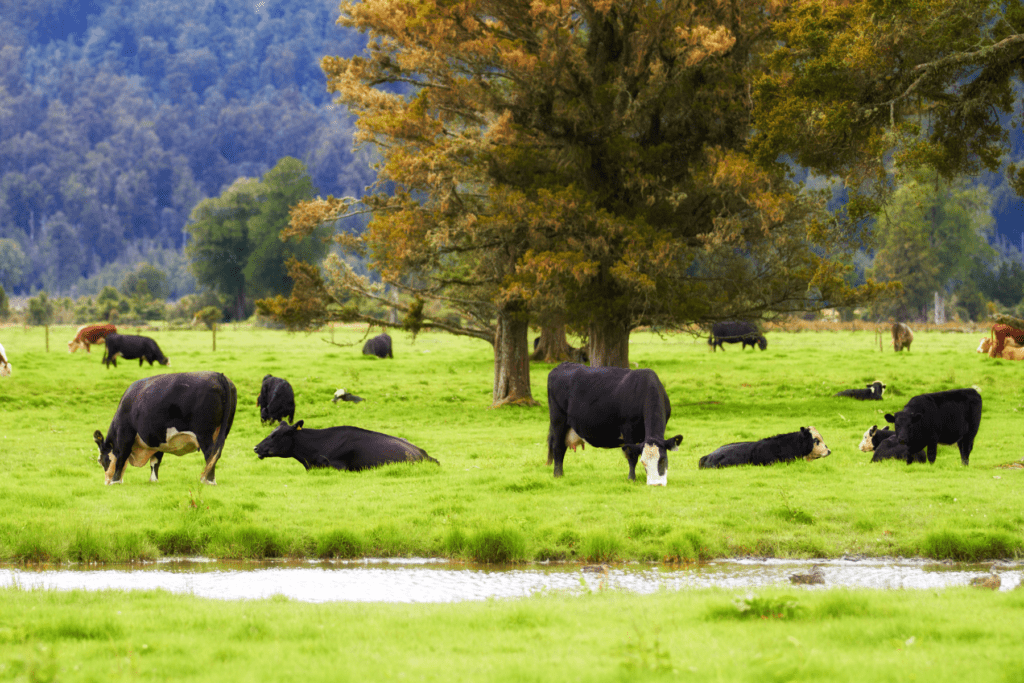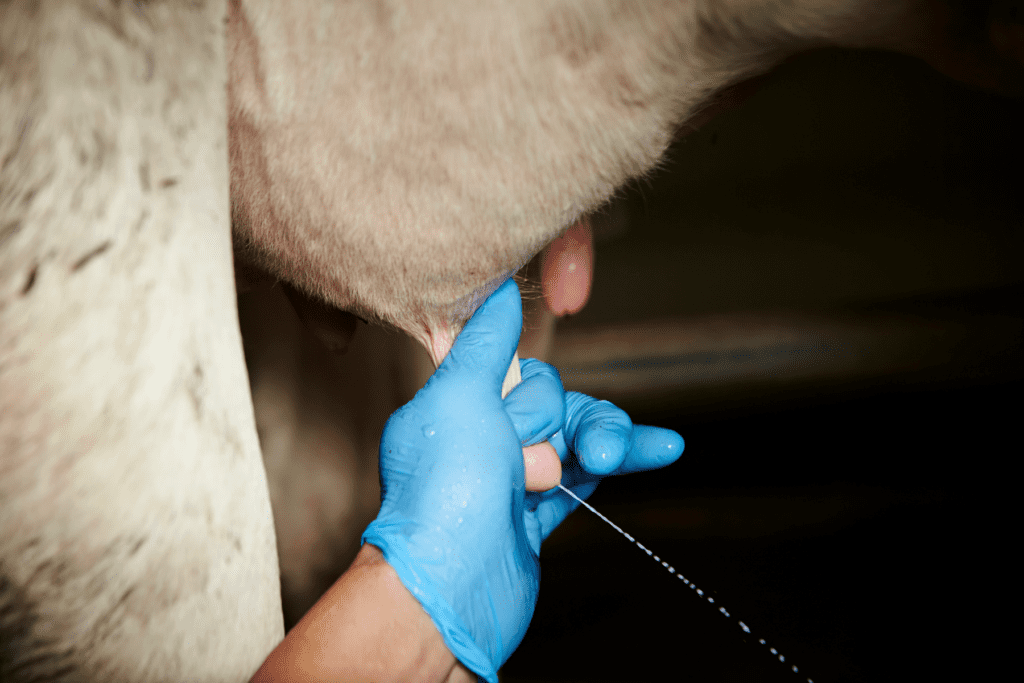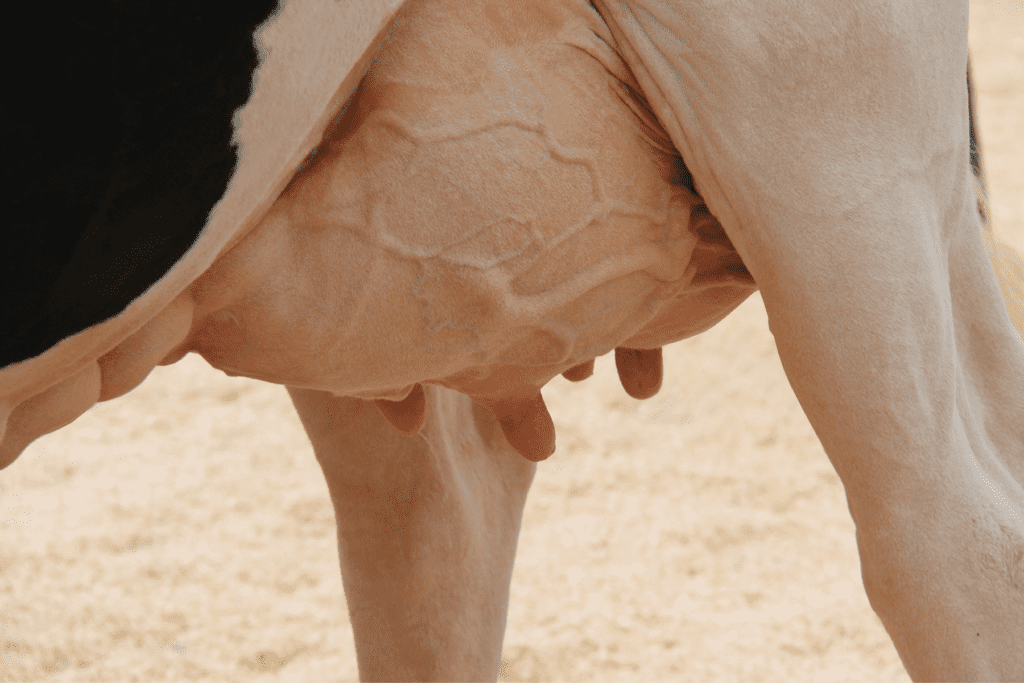Global dairy experts meet in Copenhagen to discuss pressing animal health issue
Leading global experts in udder health from no less than 25 countries are meeting in Copenhagen today to discuss preventatitive solutions for mastitis, ranked by IDF (International Dairy Federation) as one of the most important diseases impacting the dairy sector.
Organised by IDF and hosted by SEGES, the conference provides an opportunity for those involved in the field to share innovation and research on mastitis management, with the aim of achieving a reduction in mastitis in dairy cattle and ultimately improving animal care, welfare and milk production.Caroline Emond, IDF Director General, said:
“Healthy and productive dairy animals are vital to the provision of a safe, sufficient and nutritious food supply at a time of a rapidly increasing global population. Mastitis causes decreased productivity as well as food loss, due to discarded milk. Coordinated action is essential if the dairy sector is to achieve optimal management of this disorder, which is so important to maintaining and increasing sustainable milk production globally.”
Mastitis is the main reason for the consumption of antibiotics in milk production and ineffective mastitis management has been responsible for up to 85% of the antimicrobials used in the dairy sector, according to the latest Animal Health Report produced by IDF.
While animal health scientists are making significant progress on mastitis management, with a significant reduction in rate of clinical mastitis during the last decade, antimicrobial resistance (AMR) remains a global concern. New AMR mechanisms are emerging and spreading globally, threatening the ability to treat common infectious diseases. The misuse and overuse of antimicrobials is accelerating this process. Single, isolated AMR interventions have limited impact, making it crucial to have a common understanding of the issue at national and at global level.
Chairman of SEGES, Steen Nørgaard Madsen said:
“Mastitis has major economic and animal welfare implications in cattle farming. Gathering the world’s experts in the field to exchange the latest knowledge at this IDF conference in Denmark is an important step in us becoming even better at promoting udder health.”
María Sánchez Mainar, DMV, PhD, IDF Science and Standards Programme Manager commented:
“As a body that represents the global dairy sector, IDF plays an important role in bringing people and organisations together to collaborate and advance dairy science and expertise. Scientists at IDF are acknowledged as world leaders in mastitis and the conference today is a fantastic opportunity to share progress and lessons learned, which is fundamental to reducing mastitis in dairy cattle and to ensuring high milk quality and sustainable dairy products through the best possible scientific expertise.”
Notes for editors:
Resources available on animal health and mastitis produced by IDF
• Download: Treatment of bovine mastitis takes a new turn
• Download: IDF Animal Health Report – September 2018











